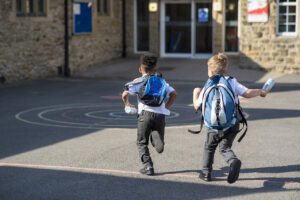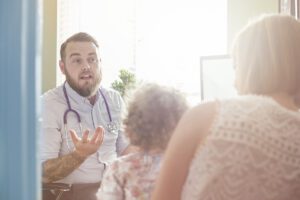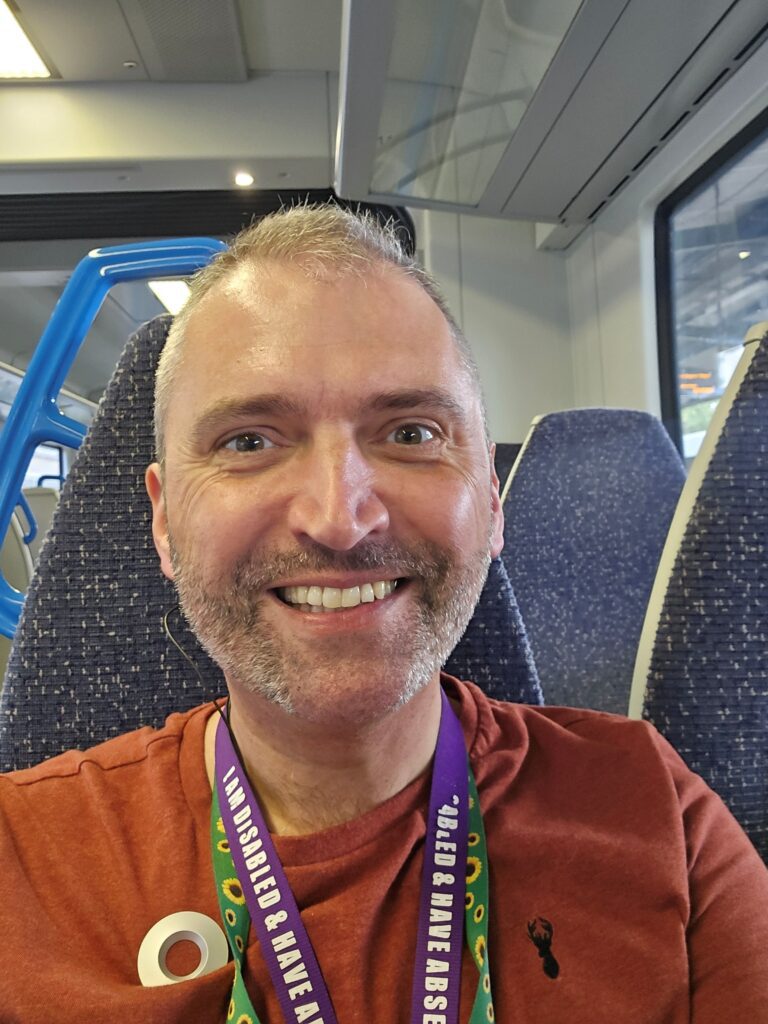 More than three in five children (61.1%) with epilepsy aged five and above don’t have an individual healthcare plan (IHP) for school, according to the new Epilepsy12 report by the Royal College of Paediatrics and Child Health (RCPCH).
More than three in five children (61.1%) with epilepsy aged five and above don’t have an individual healthcare plan (IHP) for school, according to the new Epilepsy12 report by the Royal College of Paediatrics and Child Health (RCPCH).
Epilepsy12 is a regular audit of children’s epilepsy services in England and Wales. The latest report is the fifth audit round and covers the first year of epilepsy services that children received between 1 December 2021 and 30 November 2022.
The report found that the number of children with epilepsy with an IHP for school hasn’t improved much over since the first round of audits.
While some children may not need an IHP for school, Epilepsy Action says it’s a good idea to have one if a child’s epilepsy could affect them at school.
One in five children (20.2%) didn’t have a care plan in place in the first year after assessment for epilepsy. Also, one in ten trusts (9%) still don’t do routine care plans, the audit has found.
Mental health
Nearly four in five children (77.6%) weren’t asked about their mental health. This is despite the NHS quoting that more than a third (37%) of children and young people with epilepsy have a mental health condition. This is the case in around one in 10 children (9%) in the general population.
Almost two in five children (38.5%) who needed mental health support hadn’t received it, the audit found.
However, the audit also saw an increase in Health Boards and Trusts routinely screening for mental health disorders, up from 20% in 2022 to 30% in 2023.
Alison Fuller, director of Health improvement and influencing at Epilepsy Action, said: “The findings from this year’s Epilepsy12 report highlight there are still many areas of care needing urgent improvement.
“It’s concerning to see more than three in five children not having an individual healthcare plan in school, and that mental wellbeing isn’t being reviewed for nearly four in five of them.
“It’s vital children with epilepsy have the support they need at school, where they spend the majority of their time, and for their mental health. We know how much epilepsy can impact mental wellbeing, so it’s crucial healthcare professionals have the capacity to give the correct support in this area.”
Timeliness of care
 A big part of the Epilepsy12 report focused on the timeliness of children receiving healthcare services. Only half of children were seen within two weeks, which is the best practice guidance time frame.
A big part of the Epilepsy12 report focused on the timeliness of children receiving healthcare services. Only half of children were seen within two weeks, which is the best practice guidance time frame.
Epilepsy specialist nurse (ESN) input has increased from seven in 10 children (69%) receiving this care in the first round of audits to eight in 10 (80.7%) in the fifth round. However, this still leaves one in five children (19.3%) who didn’t see an ESN in the first year.
As well as that, only half of children who needed an MRI got one, and more than two thirds (62.7%) of children eligible for a surgery referral received one in the first year.
Other important findings
Another worrying finding is that around a third of children’s families (33.7%) hadn’t been told about sudden unexpected death in epilepsy (SUDEP), which is now compulsory for clinicians to discuss.
The report also showed that deprivation continues to have an impact on care, with people living in less deprived areas seeing lower waiting times and better care.
The audit report found that only three girls aged 12 or over were taking valproate out of a total of 2212 children overall.
Fuller added: “Overall, the report shows improvement in some aspects of care for young people with epilepsy, but there is still much work to be done.”
More articles







